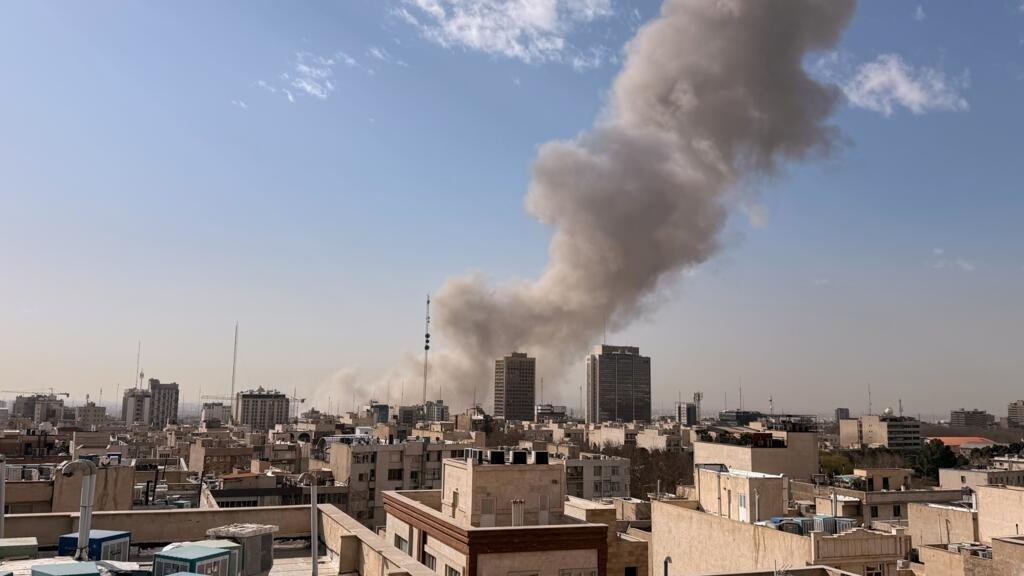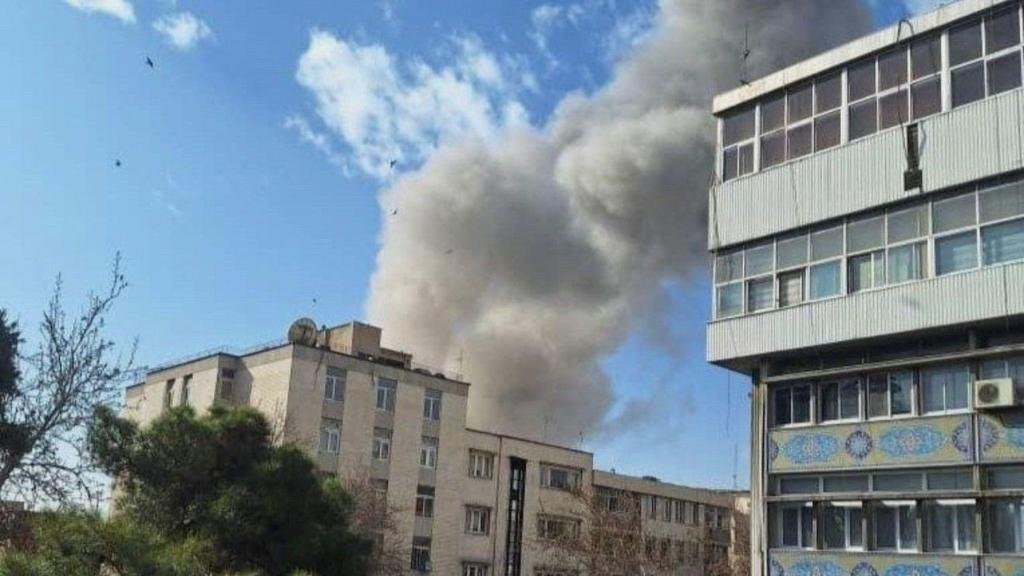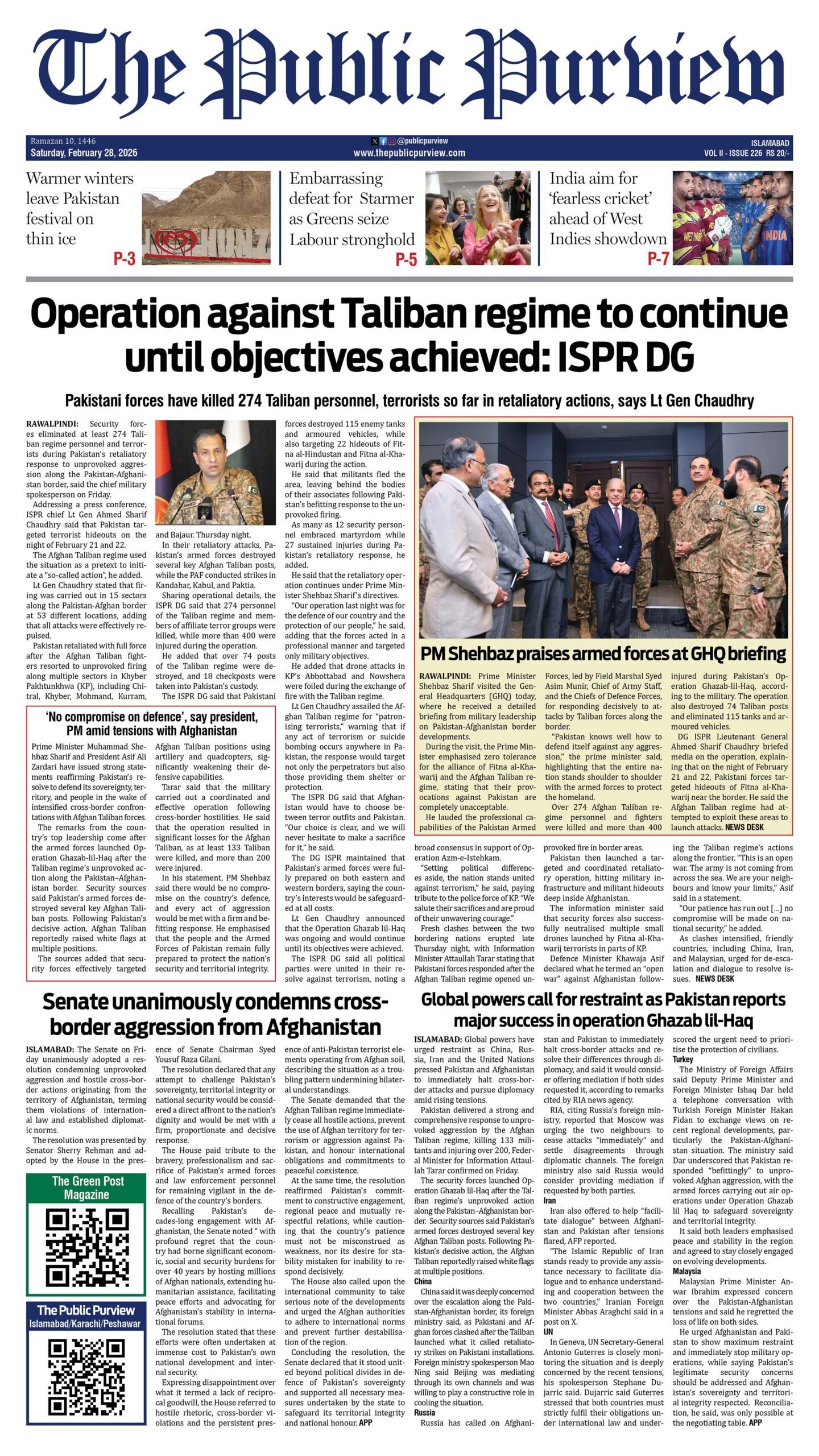Shaaf Mughal:
Pakistan’s vibrant tapestry of religious and ethnic minorities is a testament to its rich cultural heritage. However, this diversity is often overshadowed by the persistent violence. Understanding the root causes of this violence and addressing the underlying issues is essential for creating a more harmonious society. This article explores the multifaceted nature of religious extremism in Pakistan and offers actionable solutions to promote peace and inclusivity.
The violence against particular communities in Pakistan can be attributed to several interlinked factors, including political instability, economic disparities, and historical tensions. Political objectives often prioritize short-term security measures over long-term solutions that promote understanding and inclusivity. Additionally, territorial motives may lead to the marginalization of specific communities, altering demographic balances for political gain.
To combat violence there is a pressing need for a comprehensive national action plan that addresses both immediate security concerns and long-term strategies for inclusivity.
While increasing police presence can help, it is equally important to foster a culture of interfaith dialogue and understanding. Government initiatives should include educational campaigns that promote diversity and inclusivity, encouraging citizens to embrace their differences.
Humanitarian efforts are critical in ensuring the safety and security of minority communities. Delivering essential services like healthcare and food is vital, but so is fostering social cohesion. Justice and accountability mechanisms must be strengthened to deter future crimes against minorities, allowing victims to feel supported and empowered. Advocacy for minority voices is crucial in creating a safer and more inclusive society.
International actors play a significant role in advocating for the rights of religious minorities.
Education is a cornerstone for fostering social tolerance and understanding. Reforms should prioritize the teaching of core values such as empathy, respect, and cultural understanding. Educational institutions must be equipped to teach a balanced curriculum that reflects Pakistan’s diversity, helping students understand their rights and responsibilities as citizens.
The enforcement of laws that protect minority rights is paramount. Existing constitutional provisions must be upheld, ensuring that all citizens enjoy equal rights regardless of their religion. Establishing independent oversight bodies can help monitor the implementation of these laws, providing accountability and protecting vulnerable communities.
The media holds a powerful position in shaping public perception and discourse. Responsible journalism is crucial in avoiding sensationalism and bias, which can incite violence and exacerbate tensions. Media outlets should commit to balanced and accurate reporting that respects all communities, fostering a climate of understanding and harmony.
Targeting women through coerced conversions and child marriages is a tactic often used against minority communities. Strengthening legal frameworks against these practices and ensuring adequate resources for victims is vital for empowering women and safeguarding their rights. Educational programs focused on gender equality can also promote respect and dignity for all individuals.
A sustainable economy can significantly benefit minority communities by fostering inclusivity and reducing socio-economic disparities. Policies that promote diverse job opportunities, access to education, and healthcare are essential. Supporting minority entrepreneurs through targeted programs can enhance their participation in the economy, contributing to their overall well-being.
Ensuring that minority voices are actively included in political processes is essential for equitable policy formulation. Establishing frameworks for inclusive governance and promoting dialogue among communities can address systemic biases. Transparent political structures that prioritize fairness can help mitigate inequalities and foster social cohesion.
The path toward religious harmony in Pakistan is complex yet attainable. By addressing the root causes of violence and implementing comprehensive solutions, Pakistan can foster a society where diversity is celebrated and all communities coexist peacefully. The collective efforts of the government, civil society, and international actors can create an environment where religious intolerance is replaced with understanding and respect, paving the way for a brighter, more inclusive future.







 Today's E-Paper
Today's E-Paper